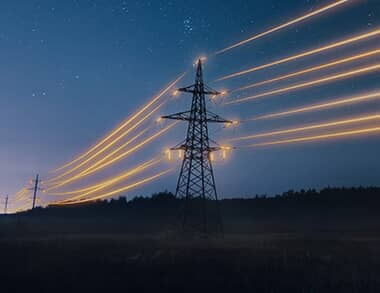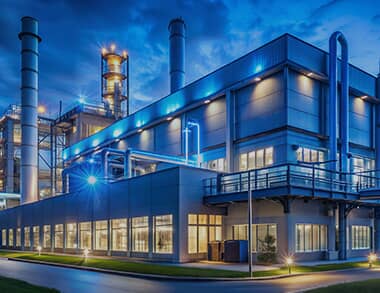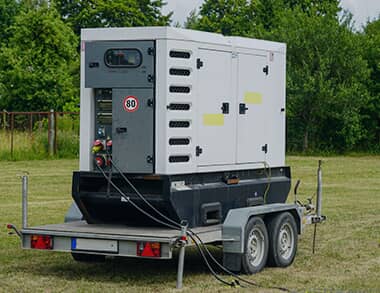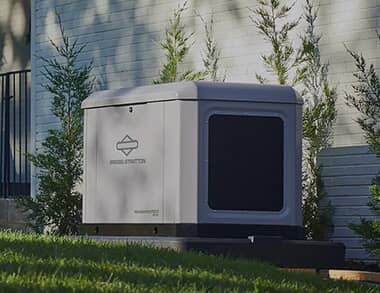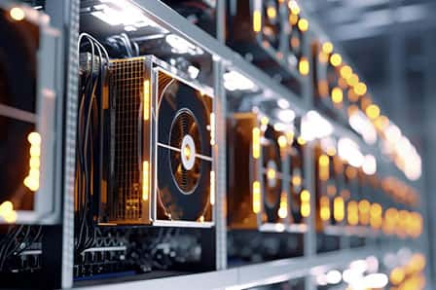What Causes Generators to Falter and Fail?

Generators are complex machines. When one component fails, it can lead to a failure of the entire system. Understanding the common causes of generator failure can help you tailor you maintenance regimen to address potential failures before they leave you in the dark and in need of generator repair in Nevada.
Battery failures are a leading cause of generator failures. A bad battery won't supply the current the generator needs to start. Over time, lead sulfate crystals accumulate on the plates within the battery. This sulfation buildup inhibits the chemical to electrical conversion and requires that you replace the battery immediately. Other problems include lead debris which can fill the sedimentary trays, overcurrent that causes an open cell, or the charger breaker can open or trip.
Oil leaks can occur when you operate the generator below the rated output level for an extended period of time with either zero or minimal load. Known as wet stacking, this causes the engine to over-fuel which damages the engine and leads to leaks. One way to prevent this is to make sure that your automatic load bank is working as designed.
Properly filling the base tank is something you should watch closely. While overfilling can occur as a result of pump failure, it is usually caused by human error. Tanks that are overfilled can overflow creating a significant fire hazard around the generator. To prevent problems, don't fill your tanks beyond 90-95% of capacity.
It is wise to invest in higher quality fuel and to properly stabilize fuel in tanks when the generator is expected to be out of operation for an extended period of time. This protects the generator from the buildup of contaminants and the damage stagnant water can cause to the generator as bad fuel flows through the fuel lines.
Finally, generators that are dormant for extended periods, and those that burn low-sulfur fuel, are prone to air accumulation in the fuel lines. Air in the system can prevent the generator from starting. Preventing this problem is as simple as running the generator for a few minutes every week.
The high temperatures created via generator operation can damage block heater hoses. Damaged hoses can split open and spill coolant on critical components. To prevent damage you should check coolant levels regularly and inspect the generator and oil for signs of coolant contamination.
The technicians at Gen-Tech Generator and Air Power Specialists invite you to contact us at (800) 625-8324 to learn more about generator repair in Nevada. We will be happy to discuss these common causes of generator failure and help you develop a maintenance routine that will keep your generators in prime condition.
Pay Attention to the Batteries
Battery failures are a leading cause of generator failures. A bad battery won't supply the current the generator needs to start. Over time, lead sulfate crystals accumulate on the plates within the battery. This sulfation buildup inhibits the chemical to electrical conversion and requires that you replace the battery immediately. Other problems include lead debris which can fill the sedimentary trays, overcurrent that causes an open cell, or the charger breaker can open or trip.
Looks for Oil Leaks
Oil leaks can occur when you operate the generator below the rated output level for an extended period of time with either zero or minimal load. Known as wet stacking, this causes the engine to over-fuel which damages the engine and leads to leaks. One way to prevent this is to make sure that your automatic load bank is working as designed.
Promptly Address Fuel Leaks, Fuel Quality & Air in the Lines
Properly filling the base tank is something you should watch closely. While overfilling can occur as a result of pump failure, it is usually caused by human error. Tanks that are overfilled can overflow creating a significant fire hazard around the generator. To prevent problems, don't fill your tanks beyond 90-95% of capacity.
It is wise to invest in higher quality fuel and to properly stabilize fuel in tanks when the generator is expected to be out of operation for an extended period of time. This protects the generator from the buildup of contaminants and the damage stagnant water can cause to the generator as bad fuel flows through the fuel lines.
Finally, generators that are dormant for extended periods, and those that burn low-sulfur fuel, are prone to air accumulation in the fuel lines. Air in the system can prevent the generator from starting. Preventing this problem is as simple as running the generator for a few minutes every week.
Coolant Leaks
The high temperatures created via generator operation can damage block heater hoses. Damaged hoses can split open and spill coolant on critical components. To prevent damage you should check coolant levels regularly and inspect the generator and oil for signs of coolant contamination.
The technicians at Gen-Tech Generator and Air Power Specialists invite you to contact us at (800) 625-8324 to learn more about generator repair in Nevada. We will be happy to discuss these common causes of generator failure and help you develop a maintenance routine that will keep your generators in prime condition.
Topics:
From Insights to Power: Let’s Talk Solutions
Whether you need emergency power, maintenance, or expert guidance on your generator system, Gen-Tech has you covered. Our experienced team provides industry-leading service to keep your power running when it matters most. Call (800) 625-8324 to discuss your power generation needs today!
Contact Us
